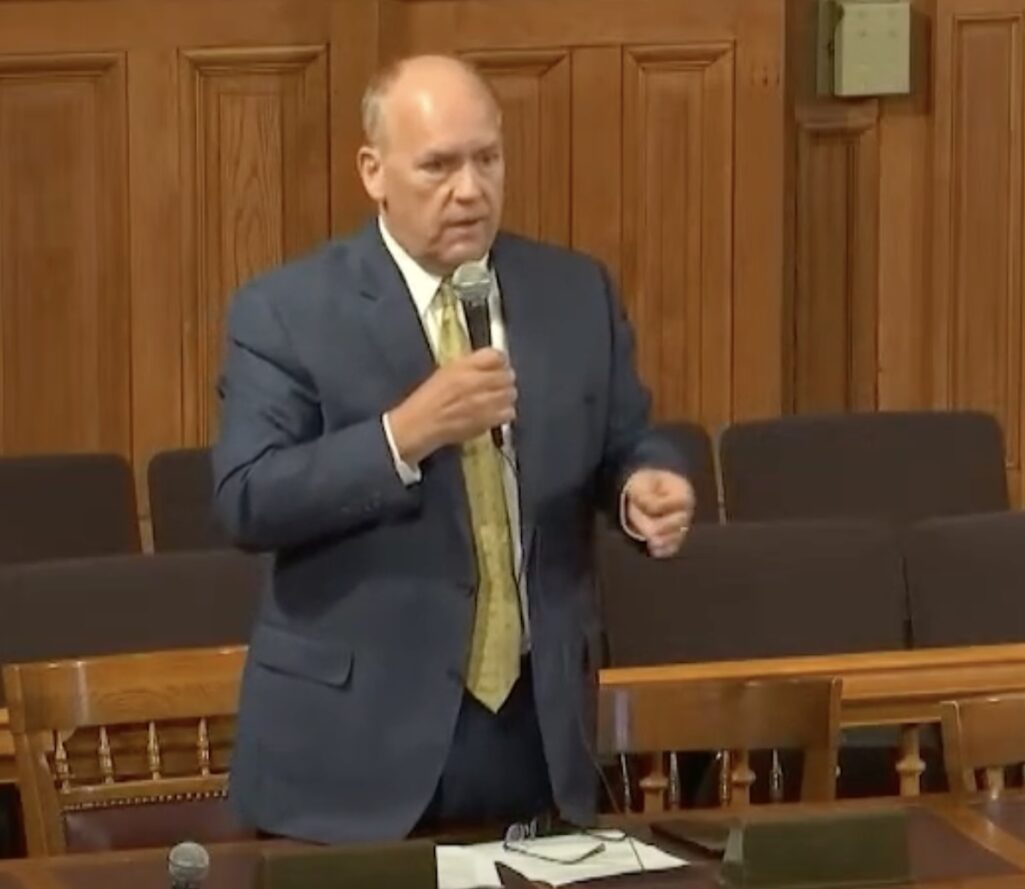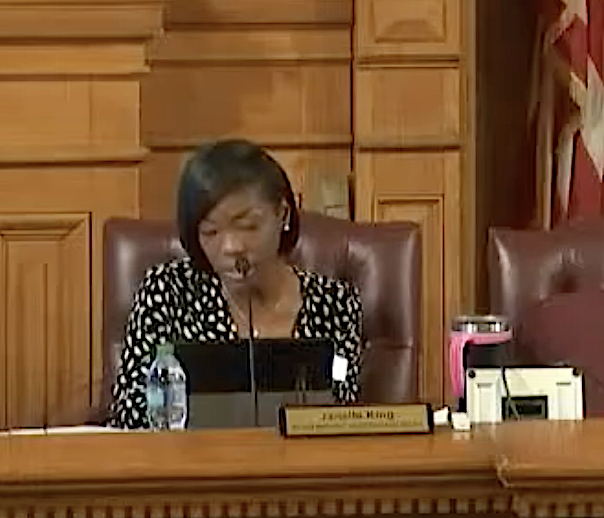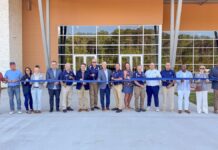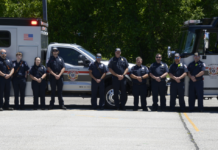
The Habersham County Elections Office is facing renewed scrutiny from state election officials and a former lawmaker over allegations that multiple voters cast ballots in the wrong district during the May 22, 2018, Republican primary for Georgia House District 28.
Former representative Dan Gasaway, who lost that race by 67 votes to current Rep. Chris Erwin, R-Homer, has challenged the integrity of that election. He’s claimed that misassigned voters—71 in Habersham County and two in neighboring Stephens County—may have influenced the outcome in Erwin’s favor.
A superior court has since found that at least two residents voted illegally in the race, though Gasaway believes that figure is far higher.
Despite the allegations, Habersham County officials maintain that Election Director Laurel Ellison followed all relevant procedures and did not violate any election statutes.
At a May 14 State Election Board meeting, Gasaway insisted the scope of the issue has not been fully explored and urged the board to impose sanctions and launch an investigation in Habersham County for the alleged improprieties.

“There’s never been an appropriate investigation of this case,” Gasaway told board members. “There are 80 violations in this case. We have violations by multiple counties in this case. There’s never been a proper investigation done by anyone except my team.”
He then pointed to larger federal implications that he believes continue to influence elections in North Georgia.
“Now, we have federal electors being assigned to the wrong congressional district,” he said. “It wasn’t a congressional boundary (in 2018), but now it is a congressional boundary because of the 2023 redistricting. If my team can find 80 violations, and they only find four, something is wrong.”
Gasaway also accused Franklin County, Banks County and the Georgia Mountains Regional Commission of conspiring to mislead the U.S. Census Bureau and manipulate federal election boundaries.
“They changed the outcome of an election. This needs to be given more attention…and because of their neglect, we have federal violations,” he said, later adding, “I don’t see any hope except a federal judge at this point…we have a law in this state and it’s not being followed.”
Board Chairman John Fervier said he would be willing to meet with Gasaway to further examine the claims.
Ellison, who attended the meeting by phone, was then questioned by the board as to why two voters were able to cast ballots in a precinct outside of House District 28, where they no longer lived.
During the meeting, Ellison was defended by attorney Ralph Taylor of the Hunt and Taylor Law Group, which represents Habersham County. Taylor maintained that Ellison and her office followed all legal requirements and procedures regarding voter address changes.
“We contend that there is no evidence showing any violations,” Taylor told board members. “…we don’t believe there is any evidence of a violation of the statute.”
Fervier sought clarification on what qualifies as written notification of a change of address under Georgia law. He referenced one of the two voters, who allegedly presented an ID with an old address, but wrote a new address on a voter certificate at the polls. He questioned whether this fulfilled the legal standard for written notification.
Fervier also pressed Ellison on why an address change submitted in May did not update the voter’s record in time to prevent her from voting at her previous address in November.
Taylor responded that voter certificates were not considered the proper method to initiate an address change.
Despite the explanations, board members expressed concern over the handling of the situation.

“I think what’s concerning is that you have several people who were able to vote illegally several times,” State Election Board Member Janelle King said. “And the argument is they didn’t do something correctly? I mean, when does the responsibility fall on the county to ensure their constituents are educated on what they need to do in these circumstances? How many times do we allow people to vote illegally before we don’t put any type of responsibility on the county? That’s a concern of mine.”
King then introduced a motion to launch a formal investigation into the actions of the Habersham County Election Office – which was unanimously approved by the board.







